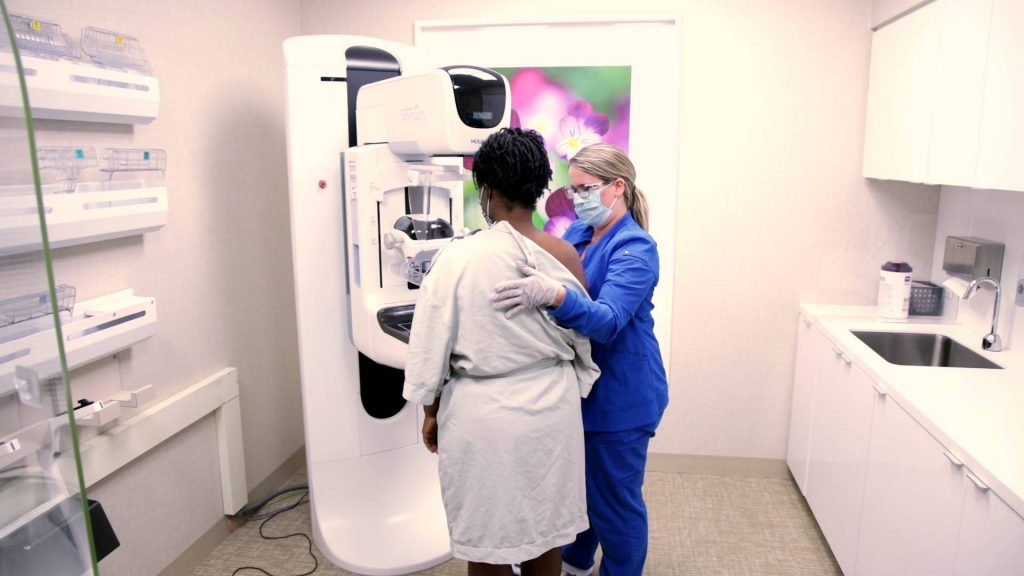-
Cancer
Mayo Clinic researchers advocate new approach to breast cancer prevention

ROCHESTER, Minn. — A commentary by Mayo Clinic Cancer Center researchers published in the Journal of Clinical Oncology Practice suggests that advances in breast cancer prevention research have resulted in new and innovative opportunities to modify breast cancer risk and potentially reduce breast cancer incidence and mortality.
"It is prudent for health care providers to be knowledgeable about the benefits of assessing individual breast cancer risk, and counsel and implement risk-reducing strategies with their patients, says Sandhya Pruthi, M.D., a Mayo Clinic internist and author of the commentary.
Dr. Pruthi says evidence-based, risk-reducing strategies include lifestyle modification, preventive anti-estrogen medications, surveillance breast imaging and genetic testing. Women at high risk of harboring a hereditary breast cancer mutation should consider prophylactic surgery to reduce risk.
"Physicians should be recommending individualized risk assessments for their patients and counseling them on interventions that range from lifestyle modifications to the use of preventive (anti-estrogen) medications or conjugated equine estrogen," says Dr. Pruthi.
She says these strategies may be beneficial in reducing hormone-sensitive breast cancer tumors that have a good prognosis, and they also may be beneficial in preventing tumors that are not hormone-sensitive and have a poor prognosis.
"For many years, breast cancer prevention research has primarily focused on the use of anti-estrogen medications to reduce the incidence of favorable, hormone-sensitive breast cancers, but it is critical that we reexamine and implement other risk-reducing strategies to prevent unfavorable breast cancers, known as triple-negative tumors," says Dr. Pruthi.
She encourages women and their health care providers to consider a comprehensive approach to breast cancer prevention that includes risk assessment; awareness of modifiable lifestyle factors, including low-fat dietary interventions; and use of medications that reduce the risk of dying from breast cancer.
Dr. Pruthi says her commentary was based on research conducted in two large randomized clinical trials: the Women's Health Initiative Dietary Modification trial and the Women's Health Initiative randomized trial with conjugated equine estrogen in women with prior hysterectomy. She says both clinical trials demonstrated a reduction in death from breast cancer.
###
About Mayo Clinic
Mayo Clinic is a nonprofit organization committed to innovation in clinical practice, education and research, and providing compassion, expertise and answers to everyone who needs healing. Visit the Mayo Clinic News Network for additional Mayo Clinic news. For information on COVID-19, including Mayo Clinic's Coronavirus Map tracking tool, which has 14-day forecasting on COVID-19 trends, visit the Mayo Clinic COVID-19 Resource Center.
Media contact:
- Joe Dangor, Mayo Clinic Public Affairs, newsbureau@mayo.edu







